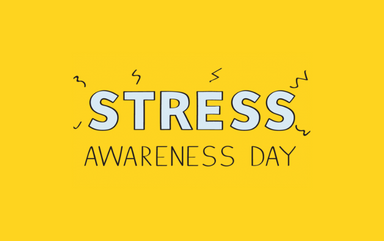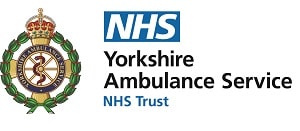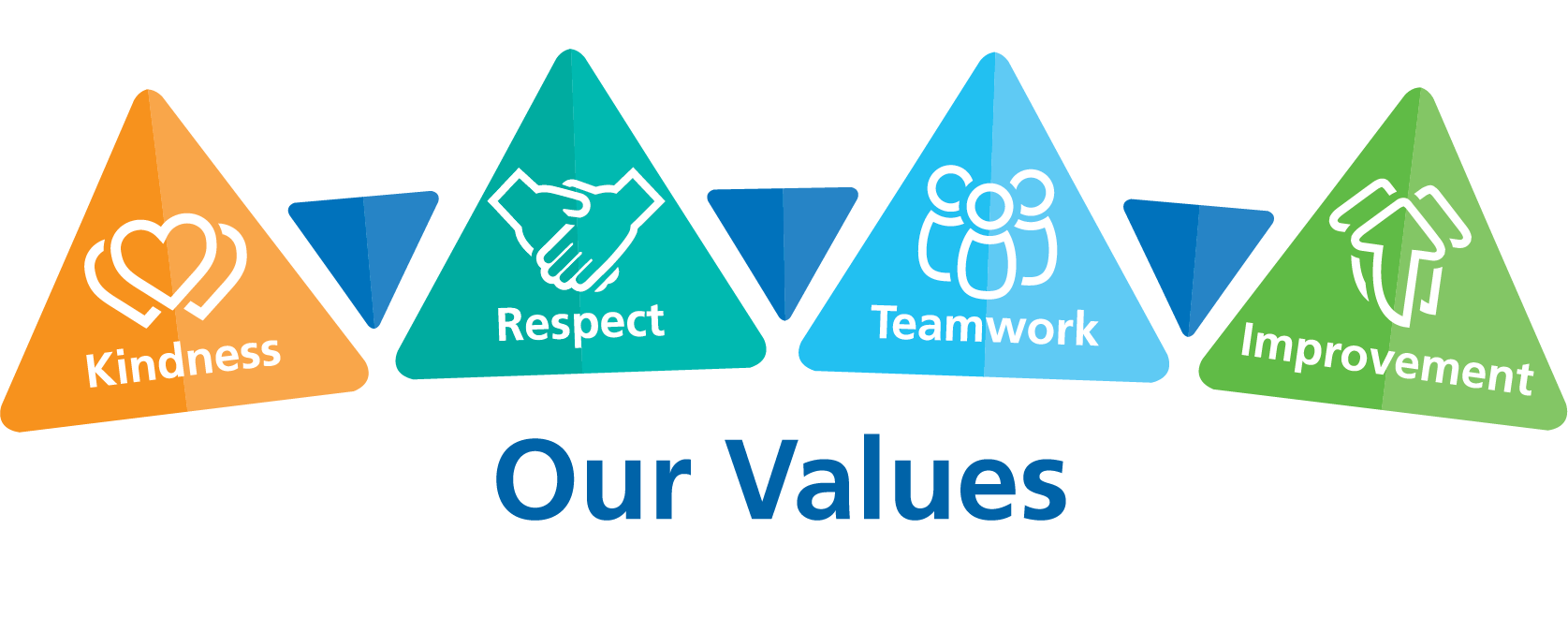Stress Awareness Day
01 November 2022

We know what it is like to feel stressed and being under pressure is a normal part of life. But becoming overwhelmed by stress can lead to mental health problems or make existing problems worse.
On 2 November 2022, Stress Awareness Day, we will be highlighting the ways that stress can affect people and what you can do to manage your stress before it becomes a problem.
Millions around the UK experience stress and it is damaging to our health and wellbeing. For example, at some point in the last year, 74% of us have felt so stressed that we have felt unable to cope (Mental Health Foundation).
Stress is the feeling of being under too much mental or emotional pressure. When you are stressed, your body releases stress hormones such as adrenaline and cortisol.
Stress is your body’s reaction to help you deal with pressure or threats. This is sometimes called a "fight or flight" response. Your stress hormone levels usually return to normal once the pressure or threat has passed.
A small amount of stress can be useful. It can motivate you to take action and get tasks completed. It can also make you feel alive and excited. But too much stress can cause negative effects such as a change in your mood, your body and relationship issues.
Signs of stress
Stress affects different people in different ways. Below is a list of some of the common signs. Some of these things will not apply to you. You may have other signs of stress that we have not listed.
Physical |
Mental |
Behaviour |
|
Headaches |
Worry about future or past |
Crying |
|
Sweating |
Imagining the worst |
Eating more or less |
|
Stomach problems |
Being forgetful |
Biting your nails |
|
Muscle tension or pain |
Not concentrating |
Avoiding others |
|
Feeling tired or dizzy |
Feeling irritable |
Sleep problems |
|
Sexual problems |
Racing thoughts |
Rushing tasks |
|
Fast heartbeat |
Going over and over things in your mind |
Drinking or smoking more |
|
Dry mouth |
Making mistakes |
Being irritable |
|
Short of breath |
Feeling low |
Being snappy |
How can I help myself?
There are things that you can do to help reduce your symptoms of stress. This is also known as self-care. There isn’t a set process for where you should start, or what you should do, everyone is different. You may need to try different things until you find what works for you. Here are some ideas.
- Stress diary
If you don’t know what is causing your stress, it might help to keep a ‘stress diary’ for a few weeks. It may help you to identify things that you may be able to change.
- Get practical advice
There are lots of places you can get practical advice on different issues. An advice service may be a good place to start. They may be able to support you to solve an issue on subjects such as housing, benefits, money or employment.
- Manage your money
Money can cause many different issues such as poverty, debt and relationship problems. If you are worried about your debts, there are places that you can get advice and support, such as StepChange, Citizens Advice and National Debtline.
- Plan your time
If you plan your time this can make you feel more in control of things. You could write lists of what you need to do, prioritise the most important tasks, share tasks with others if you can, don't put things off, and set yourself steps and goals for complicated tasks.
- Talk to someone
Telling someone how you are feeling may help with stress. It can help to ‘offload’ your worries. You may feel comfortable talking to someone you know. Or you might prefer to talk to someone who doesn’t know you. You could call an emotional support line or see a counsellor. We have added some emotional support lines at the end of this factsheet.
- Make lifestyle changes
Limit your caffeine intake, exercise, get enough sleep, eat a balanced diet and do something nice for yourself every day.
- Online resources
There are websites which give information about how to manage your mental health and how you can use cognitive behavioural therapy (CBT) techniques, including the NHS, Mood Gym, Mood Juice, Live life to the Full and Psychology Tools.
- Practice mindfulness
Mindfulness is a type of meditation to help you to be aware of the present moment and pay attention to it. You can find online mindfulness course through YouTube or apps.
- Use relaxation techniques
Relaxation can help you to deal with stress. And stop you from getting stress. Some people relax using meditation, aromatherapy or yoga.
Can my doctor help?
You can speak to your GP if you are struggling to cope with stress. Struggling to cope with stress may include the following:
- You are struggling to do everyday things.
- You have stopped looking after yourself.
- You are taking more time of work.
- You have thought that life is not worth living.
- You are using drugs or alcohol to cope with how you feel
- You have felt very low or hopeless for two weeks or more.
- You no longer enjoy anything.
- You are having panic attacks.
It may help you to write down a list of the main points and questions that you want to discuss with your GP. This can be helpful if you are feeling anxious or worried.
Produced by: Corporate Communications Department

